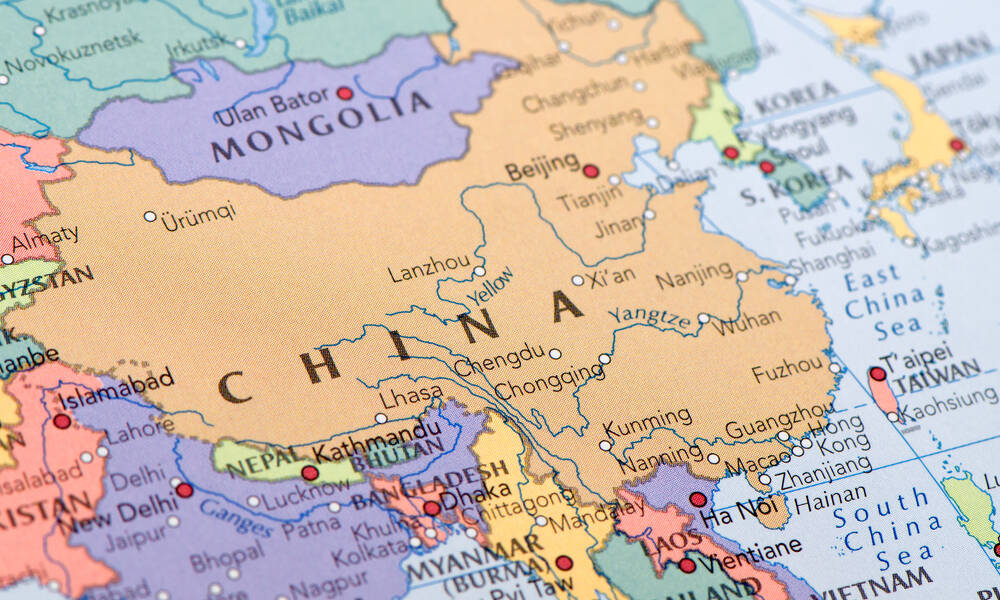
How the Coronavirus Is Affecting Work in Asia-Pacific
With the coronavirus causing quarantines in China and putting other Asian cities on high alert, staff are working from home, taking precautions, and looking for workarounds to keep up with job duties without risking infection.
As quarantines and travel bans designed to keep the deadly coronavirus from spreading drag on, it is having an impact on associations and their employees that work in China and the surrounding region.
“Many associations postponed returning to the office until after Chinese New Year holidays,” said Maria Tong, director of association management and consulting at MCI Group in China. “Some may work at home for a while.”
In what some consider fortunate timing, the outbreak started during celebration for the Chinese New Year, a time when many businesses were shuttered, anyway. However, those celebrations ended recently, leaving many businesses determining how to proceed.
“Most organizations are making practical arrangements for staff to work from home for a more extended period and to continue virtual meetings,” said Steven Basart, vice president at Kellen, a global association management and communications company.
Basart, who is in Beijing, noted that “meetings and events scheduled in February have been canceled throughout the country, and some provincial and municipal governments have asked businesses to cancel or postpone events scheduled in March as well.”
While travel restrictions can keep people healthy, they are problematic for business, said Basart, who believes associations can help. “Associations play an essential role in times like these,” he said. “Companies and professions significantly impacted by this outbreak lean on their associations as advocates to overcome setbacks.”
Basart said some Chinese associations are already “catering to the urgent needs of their stakeholders” in production and service industries.
“We anticipate more international associations offering support with knowledge, communication, and resources to their members and stakeholders in China as this situation continues to unfold,” Basart said. “We will likely also see a post-epidemic spike in programs and initiatives for these organizations.”
While China is the epicenter of the outbreak, the coronavirus’s impact is wide-reaching. In Barcelona, Mobile World Congress, the world’s largest telecom tradeshow, was canceled over coronavirus concerns.
Marcel Ewals, director of community development–Asia Pacific at MCI Group in Singapore, said the country is on high alert, and because of this, the AMC has made changes to help keep its workers healthy.
“Like most organizations, we follow our team members carefully, and people with any symptom would be sent to a medical facility,” Ewals said. “A sneeze or a cough will not get you banned from the office, but anything more will get you a request to go to the doctor to verify. It is a safety-first situation. We have all become used to washing our hands thoroughly and cleaning our phones and keyboards several times a day.”
While the outbreak is still active, staff in the region look forward to its end and applying its lessons to the future. “When the outbreak passes, there may be stricter policy for live event quarantine, such as ventilation systems, body temperature tests,” Tong said. “Some associations may take this chance to develop more online events and virtual meetings.”
Ewals is also hopeful the outbreak ends soon. “Although we do not know how far and how fast the novel coronavirus will spread, we are hopeful it will burn out soon and life will continue to normal,” he said.
(yorkfoto/E+/Getty Images Plus)






Comments